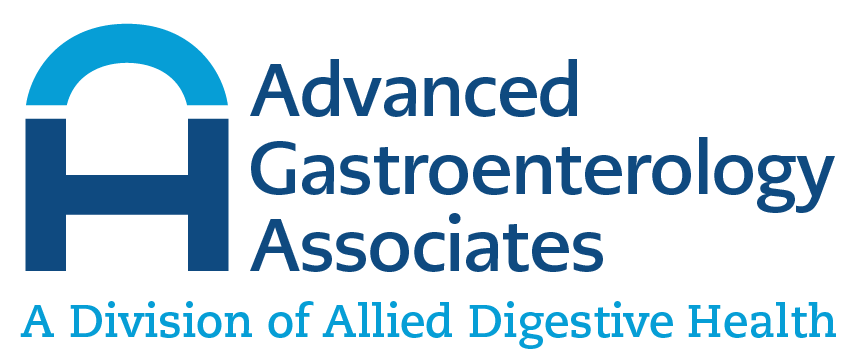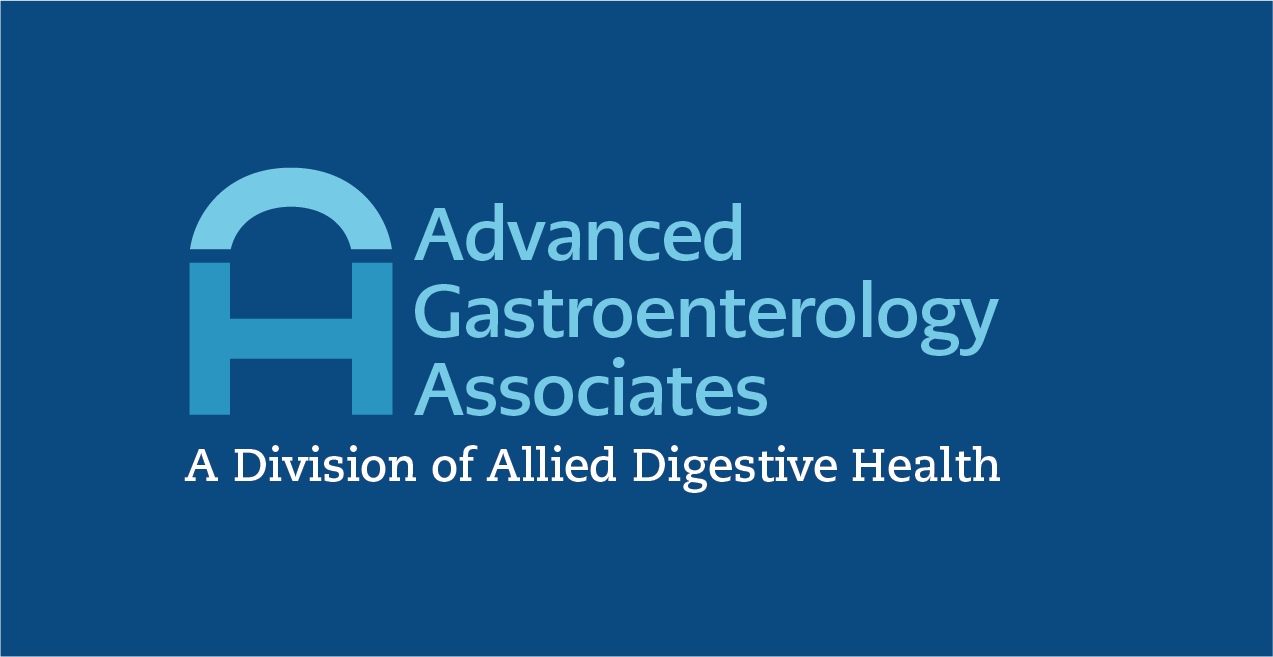Foods to Avoid with Lactose Intolerance

People with lactose intolerance have difficulty digesting lactose, a sugar found in dairy products. This is due to the lack of lactase enzyme, which breaks the lactose into simpler sugars for absorption.
Common Foods to Avoid if Lactose Intolerant
While there isn’t an exhaustive list that fits everyone, certain items commonly trigger symptoms in individuals with lactose intolerance. These include:
- Milk and milk-based beverages
- Cheese, particularly soft varieties like cottage cheese and ricotta
- Ice cream and frozen yogurt
- Butter and margarine
- Cream cheese and sour cream
- Certain baked goods which utilize milk or butter
- Creamy sauces and dressings
Remember, lactose can also be found in less obvious products like processed meats, snack foods, and breakfast cereals. It’s crucial to read labels carefully and look for lactose-free alternatives.
Additionally, one must be cautious with processed meats, chocolate, and even some medications and supplements, as they may include small amounts of lactose as an additive. Always review ingredient labels to safeguard against inadvertent lactose consumption.
Foods to Eat if Lactose Intolerant
For people with lactose intolerance, navigating the dietary landscape can be challenging. However, there is a plethora of foods that are naturally lactose-free and can be consumed without worry. Grains like rice, quinoa, barley, and starches such as potatoes and corn are safe staples. Most fresh fruits and vegetables do not contain lactose and are essential for a well-rounded diet.
Protein sources such as beef, pork, lamb, and seafood are lactose-free. Nuts, seeds, and their respective butters provide healthy fats and are great snack options. For those who enjoy sweet treats, sorbet or dark chocolate are commonly lactose-free.
It’s always important to opt for lactose-free versions when available and to scrutinize food labels to ensure meals are comfortably digestible for those with lactose intolerance.
Lactose Intolerance and Small Amounts of Dairy
For some individuals with lactose intolerance, it’s possible to have small amounts of dairy without triggering significant symptoms. The key is to understand one’s own threshold for lactose. For example, lactase enzyme supplements can be taken before consuming dairy to aid in digestion.
Aged cheeses and lactose-reduced milk may also cause fewer problems due to their lower lactose content. Gradually introducing tiny portions of dairy products and keeping track of symptoms may help determine personal limits. However, it’s essential to consult a healthcare provider for personalized advice.
Symptoms of Being Lactose Intolerant
Symptoms of lactose intolerance can vary among individuals, but there are common symptoms that signal its presence. Typically, symptoms emerge within a few hours of consuming lactose-containing foods and include abdominal pain, bloating, gas, diarrhea, and, in some cases, nausea.
While most symptoms of lactose intolerance are mild to moderate, some individuals may experience severe symptoms. These can include intense abdominal cramps, a significant drop in blood pressure, rapid heart rate, or severe dehydration following bouts of diarrhea.
In rare cases, individuals may develop lactose intolerance following an intestinal surgery or infection, leading to more acute symptoms. If severe symptoms occur, it is crucial to seek prompt medical attention as they can signify a more serious condition or a different underlying issue. Always consult with a healthcare professional for a thorough evaluation.
Risk Factors for Being Lactose Intolerant
Certain groups of people are more susceptible to developing lactose intolerance. Genetics plays a significant role, as it is more prevalent among people with East Asian, West African, Arab, Jewish, Greek, and Italian ancestry. Age is also a factor, with the condition often developing in adulthood as lactase production decreases.
Moreover, individuals who have had surgery on their small intestine or have small intestine diseases such as Crohn’s or Celiac disease are at higher risk. Premature babies may also temporarily exhibit lactose intolerance due to an underdeveloped small intestine that does not produce enough lactase. Understanding these risk factors can help individuals be proactive about managing the condition.
When to Talk to Your Doctor
If you are experiencing persistent symptoms associated with lactose intolerance, such as abdominal pain, bloating, or diarrhea. They can help distinguish lactose intolerance from other digestive disorders like irritable bowel syndrome (IBS) or an allergy to milk protein.
Additionally, if you find it difficult to maintain a balanced diet after eliminating lactose-containing foods, a doctor or a dietitian can guide ensuring you receive all the necessary nutrients. Remember, professional advice is invaluable for managing health conditions safely and effectively.
If you are experiencing issues that resemble anything you have seen above, please contact us at Allied Digestive Health. We are here to help.
Footer
© All Rights Reserved


